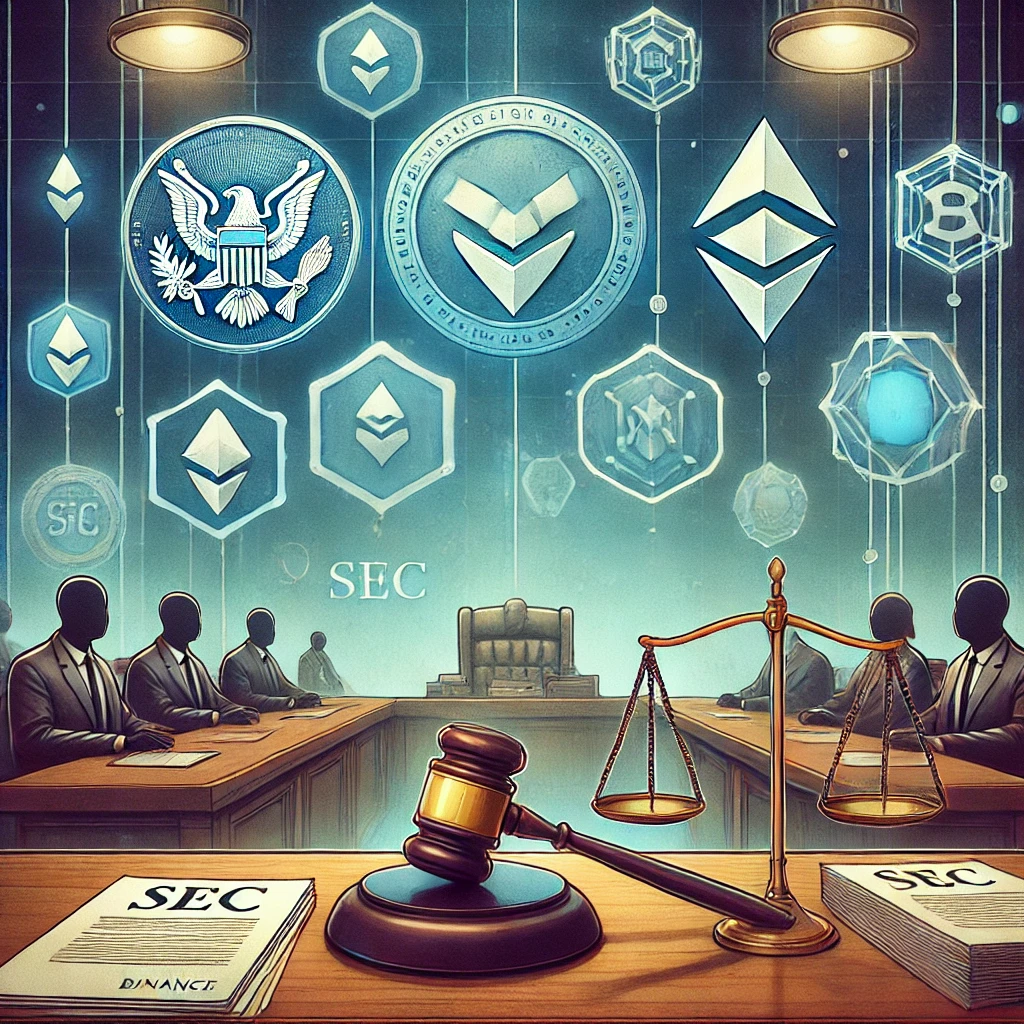In a notable shift, the Securities and Exchange Commission (SEC) has proposed to temporarily suspend its allegations that Solana (SOL), Cardano (ADA), and Polygon (MATIC) are unregistered securities within its ongoing Binance Lawsuit.

Brief Respite for Cryptocurrencies
The SEC’s recent court filing suggests amending the lawsuit to momentarily set aside the allegations concerning these “third party crypto assets.” This move does not equate to dropping the allegations or having them dismissed by the court but rather delays the judicial determination regarding the securities status of SOL, ADA, and MATIC.
Strategic Legal Adjustments
This amendment seeks to postpone the necessity for a court ruling on the allegations’ sufficiency at this stage, offering a strategic reprieve for the mentioned tokens. The SEC expresses this adjustment as “obviating the need for the Court to issue a ruling as to the sufficiency of the allegations as to those tokens at this time.”
Wider Implications of the SEC Binance Lawsuit
Initially filed in June 2023, the SEC’s Binance Lawsuit and its CEO, Changpeng Zhao, includes broader allegations that other digital assets like Filecoin (FIL) and Cosmos (ATOM) are unregistered securities. This lawsuit has brought significant scrutiny on Binance, accusing it of various regulatory violations including commingling customer funds.
Recent Court Developments
On Friday, the Court decided that the SEC’s case against https://t.co/AZwoBOh0gq will continue. We were prepared for this and look forward to having this case move forward in the judicial process.https://t.co/AZwoBOh0gq was established with the express purpose of serving United…
— Binance.US 🇺🇸 (@BinanceUS) July 1, 2024
A recent court decision allowed Binance to dismiss charges related to the secondary sales of its BNB token and its Simple Earn program. However, other charges, especially those against Binance.US, will continue through the legal process.
Future Legal Proceedings
The SEC and Binance are currently negotiating the terms for commencing discovery, dependent on the acceptance of the SEC’s amended complaint. While the SEC is eager to begin immediately, Binance seeks a review of the proposed amendments before agreeing on a discovery timeline.
The SEC’s decision to temporarily pause certain allegations provides a momentary relief for the implicated crypto assets but leaves significant questions about the future regulatory landscape for digital currencies in the U.S.











